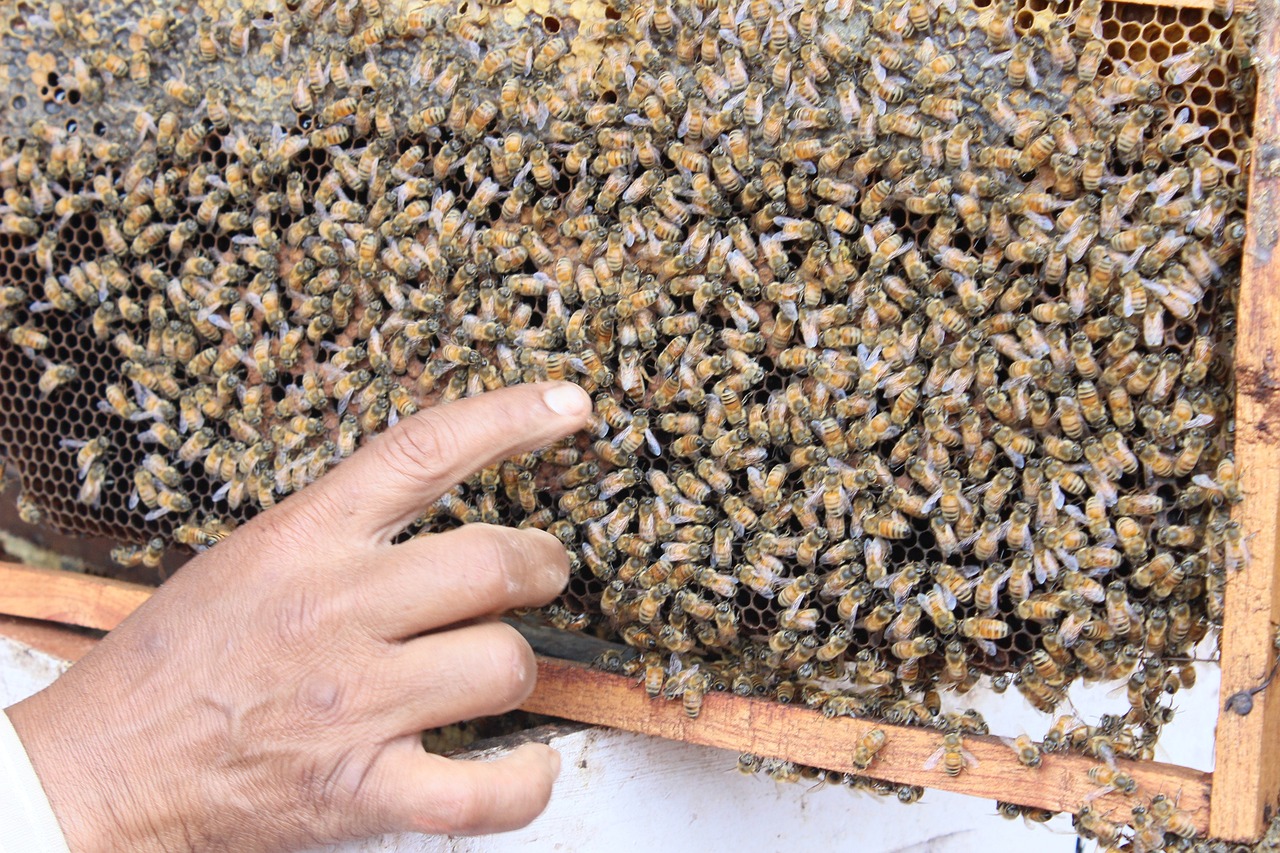How to Use Influencer Collaborations for PAC Campaigns: 11xplay id, India24bet 24, Skyfair vip login
11xplay id, india24bet 24, skyfair vip login: The Impact of PACs on Local Farming
PACs, or political action committees, have long been at the center of political debates, influencing elections and legislative agendas at both the national and local levels. When it comes to local farming communities, PACs can have a significant impact on policies, regulations, and funding that directly affect farmers and their livelihoods. In this article, we will explore the role of PACs in local farming and discuss how their influence can shape the future of agriculture in communities across the country.
The Role of PACs in Local Farming
PACs are organized groups that raise money to support or oppose political candidates and influence legislation on issues of interest to their members. In the context of local farming, PACs can represent various stakeholders, including farmers, agricultural businesses, and trade organizations. These PACs work to advance the interests of their members by lobbying policymakers, supporting candidates who align with their goals, and funding political campaigns.
One of the primary ways PACs can impact local farming is through campaign contributions to candidates who support their policies and priorities. By donating money to political campaigns, PACs can help candidates get elected or re-elected, giving them a platform to advocate for issues that are important to the farming community. PACs can also engage in direct lobbying efforts, meeting with policymakers to influence legislation and regulations that affect farmers.
Another way PACs can influence local farming is by funding issue advocacy campaigns. These campaigns can raise awareness about specific agricultural issues, mobilize support for or against certain policies, and shape public opinion on farming-related issues. By using their financial resources and organizational skills, PACs can amplify the voices of farmers and advocate for policies that benefit the agricultural community.
The Impact of PACs on Local Farming Policies
The influence of PACs on local farming policies can be significant, shaping the regulatory environment, funding priorities, and overall direction of agricultural policy in a given community. PACs can work to promote policies that support sustainable farming practices, provide access to resources and markets for small-scale farmers, and protect agricultural land from development.
On the other hand, PACs can also push for policies that benefit large agribusinesses, prioritize profit over sustainability, or deregulate the agricultural industry. In some cases, the interests of PACs may conflict with the needs and priorities of small family farms, leading to tensions within the farming community and challenges for farmers who do not have the resources to compete with larger agricultural operations.
Overall, the impact of PACs on local farming policies is complex and multifaceted, with both positive and negative consequences for farmers and the agricultural industry as a whole. It is essential for farmers to stay informed about the activities of PACs in their area, advocate for policies that benefit their interests, and engage with policymakers to ensure that their voices are heard in the political process.
The Future of Local Farming and PACs
As the agricultural industry continues to evolve and face new challenges, the role of PACs in shaping the future of local farming will remain crucial. Farmers, agricultural organizations, and policymakers must work together to find common ground, address pressing issues, and ensure that farming communities remain vibrant, sustainable, and resilient in the face of changing economic and environmental conditions.
Moving forward, it will be essential for farmers to engage with PACs, advocate for policies that support their interests, and hold policymakers accountable for their decisions. By working together and supporting initiatives that promote sustainable agriculture, protect farmland, and ensure fair prices for agricultural products, farmers can help shape a future that benefits all members of the farming community.
FAQs
Q: How do PACs influence local farming policies?
A: PACs influence local farming policies by donating to political campaigns, engaging in lobbying efforts, funding issue advocacy campaigns, and shaping public opinion on agricultural issues.
Q: What are some of the challenges of PAC influence on local farming?
A: Some challenges of PAC influence on local farming include conflicts of interest between different stakeholders in the farming community, the prioritization of profit over sustainability, and the potential for policies that benefit large agribusinesses at the expense of small family farms.
Q: What can farmers do to address the impact of PACs on local farming?
A: Farmers can stay informed about the activities of PACs in their area, advocate for policies that support their interests, engage with policymakers, and work together with other members of the farming community to ensure that their voices are heard in the political process.







